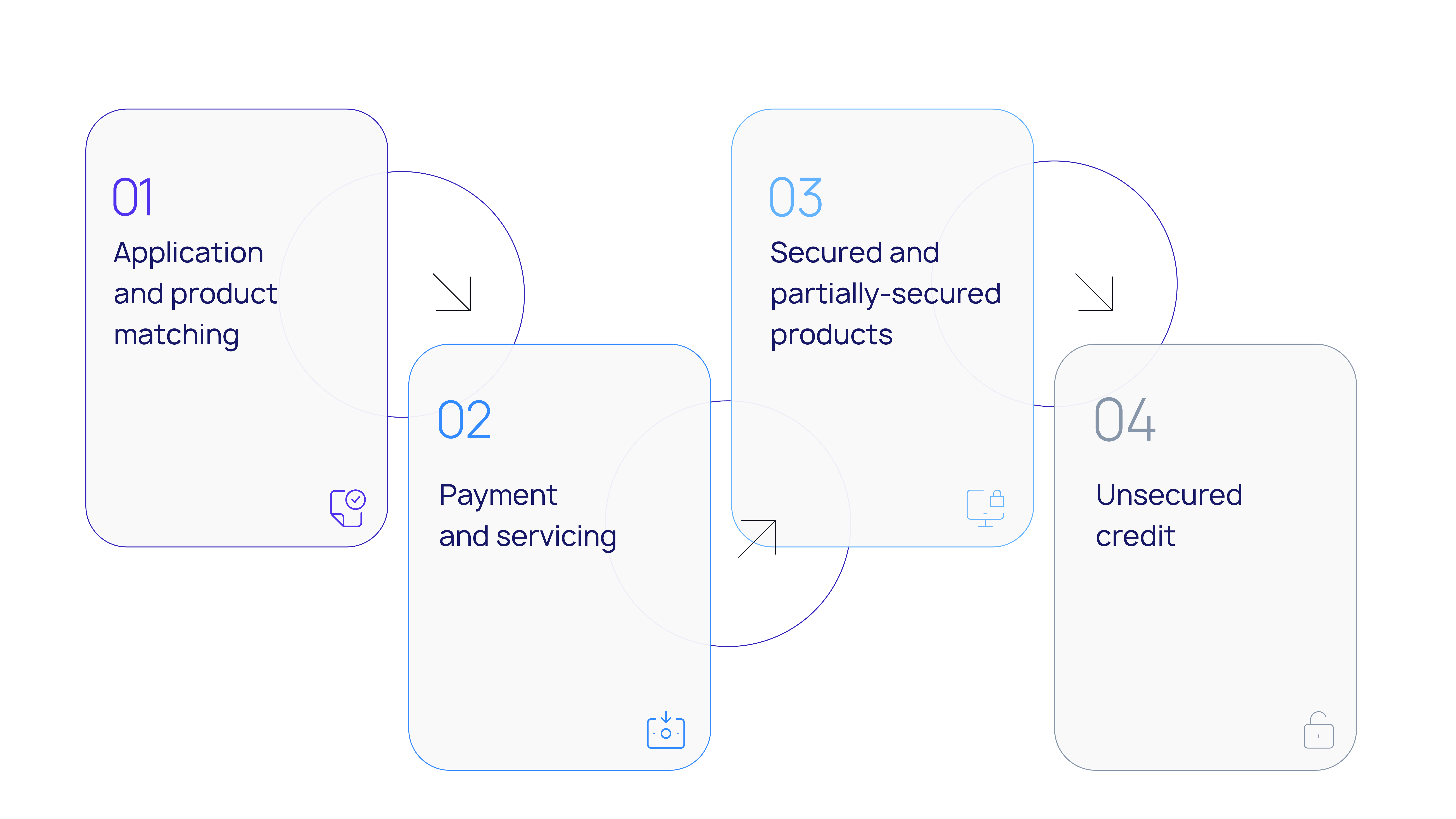Accrued: After Hours - Episode 11
Welcome back to another synopsis of Fintech Confidential’s Accrued podcast series. You won’t want to miss the insights disclosed in season 1, episode 11:How Does Fintech Scale? Galileo’s Scott Johnson Exposes the Secret.
This episode features Scott Johnson, the Senior VP of Business Development for Galileo Financial Technologies. As he joins hosts Tedd and Colton, together they recall early day stories of the industry and highlight the big moves made in the fintech space. Sharing from his playbook of 20 years at Galileo, Scott’s perspective is valuable from a start up’s decision to publish their APIs, to their acquisition by SoFi in 2020 and beyond.
Here’s what went down👂
Here’s the key themes about fintech growth touched on by the industry experts:
- Prosperity can be found through partnerships and adaptability
- Migration to a modern tech stack is increasingly necessary for traditional financial institutions
- There is power that laser specific personalization adds to business strategy
Prospering in the fintech sector
Having worked at Galileo as one of the earliest employees, Scott’s passion for the fintech market is expressed throughout the podcast as he shares stories of his time at the company. Reminiscing on the early days, Scott recounts when, during a pivotal tour for MasterCard, water began leaking from the floor above them into Galileo’s data center. Luckily, Scott was able to distract the tour long enough that other team members could clean the spill, turning what could have been a disaster into a memorable story about the value of thinking fast and adapting to adverse circumstances.
That quick thinking and optimism helped Galileo not just to overcome personal challenges, but to persist through major hardships like the global financial crisis. By strategically betting on their long-term partnerships, Galileo was able to endure the recession of 2008 and subsequent hurdles, prioritizing long term partnerships over short term payoff. Fintech companies should similarly stick with sound product offerings and partners. If you are a good managing partner and commit to stand with them, you will be best equipped for navigating the fluctuations in the financial landscape and fintech industry.
Further growth will require adaptability, just like Galileo’s major decision to be acquired by SoFi in 2020. Many of the lessons Scott and the Galileo team gleaned from past experiences helped them not just as they built to the acquisition, but onward into the high interest rate environment financial technology faces today.
Migration to modernity
Tedd, Colton, and Scott identified public APIs as a game changer for fintech solutions. Thirteen years ago, Galileo took a leap of faith by publishing their API, which at the time was practically unheard of. But the public docs brought new users into their ecosystem, eventually helping to modernize a variety of financial services, like embedded finance. As these different types of emerging technologies and use cases came to Galileo, they catalyzed fintech innovation. Even companies like Chime first contacted Galileo with no customers, and eventually grew to the industry giant and inspiring market leader they are today.
Discussing modernization, Scott also explored the topic of modern banking cores. Rather than calling for an immediate revamp of traditional banking, he instead invites a slow migration to a modernized core and tech stack. Appendages to a legacy infrastructure, he argues, cannot persist long term in the financial services industry. These outdated financial systems are holding institutions back, but major institutions are understandably wary of rapid changes. For this reason, Scott emphasizes that a gradual approach can offer stability on the path to modernization.
Laser specific personalization
At the end of the day, traditional financial systems in the banking sector lack the infrastructure to personalize. Scott shares the latest trends in personalization that have been forged by other financial institutions they work with. From post-purchase installment options to teen account parental controls, consumer spending has never been so sophisticated.
Colton and Tedd ask for the secret on how Galileo has successfully expanded internationally. Currently they have more employees living outside of the United States than within. To make international expansion make sense, Galileo ensures they are all in by having boots on the ground in each local market. Having a key focus on an empathetic, personalized, customer centric approach, will enhance fintech market expansion and penetration. Scott also notes that revenue streams and business models often differ outside of the United States, so companies making an international expansion should expect variation in different regions..
Key takeaways
1: Be scrappy and think quick
When facing unexpected challenges during the earlier days of a company, being scrappy is essential. Quick thinking can turn potential disasters into success stories. A fast response by a managing director to challenges (even bizarre ones like a sudden water leak in your data center), can cause a major shift in revenue growth trajectory.
2: Fintech growth from published APIs
Publishing APIs and other technical documentation can draw in a diverse range of clients with unique needs. This strategic decision opens up new opportunities and could help spark fintech funding and long-term partnerships.
3: Commitment is key for international expansion
Thinking of going global? Ensure you have local presence and employees on the ground to truly commit to a new macro environment. This strategy maintains customer engagement and helps adapt to regional needs in emerging economies effectively.
4: Utilize AI-Driven fraud prevention
The addition of artificial intelligence to your KYC, underwriting, and ongoing servicing can drastically reduce fraud. Implementing advanced risk platforms that analyze spending patterns and behaviors can protect your business and save costs by preventing fraudulent activities.
5: Personalization is the standard
Take emerging trends from leading consumer brands like Apple, Spotify, or Netflix: the ability to personalize is almost universally expected. Offering customizable financial products, like post-purchase installment options, can provide users with more control over their spending. To drive greater deposits, you need to launch more personalized products.





